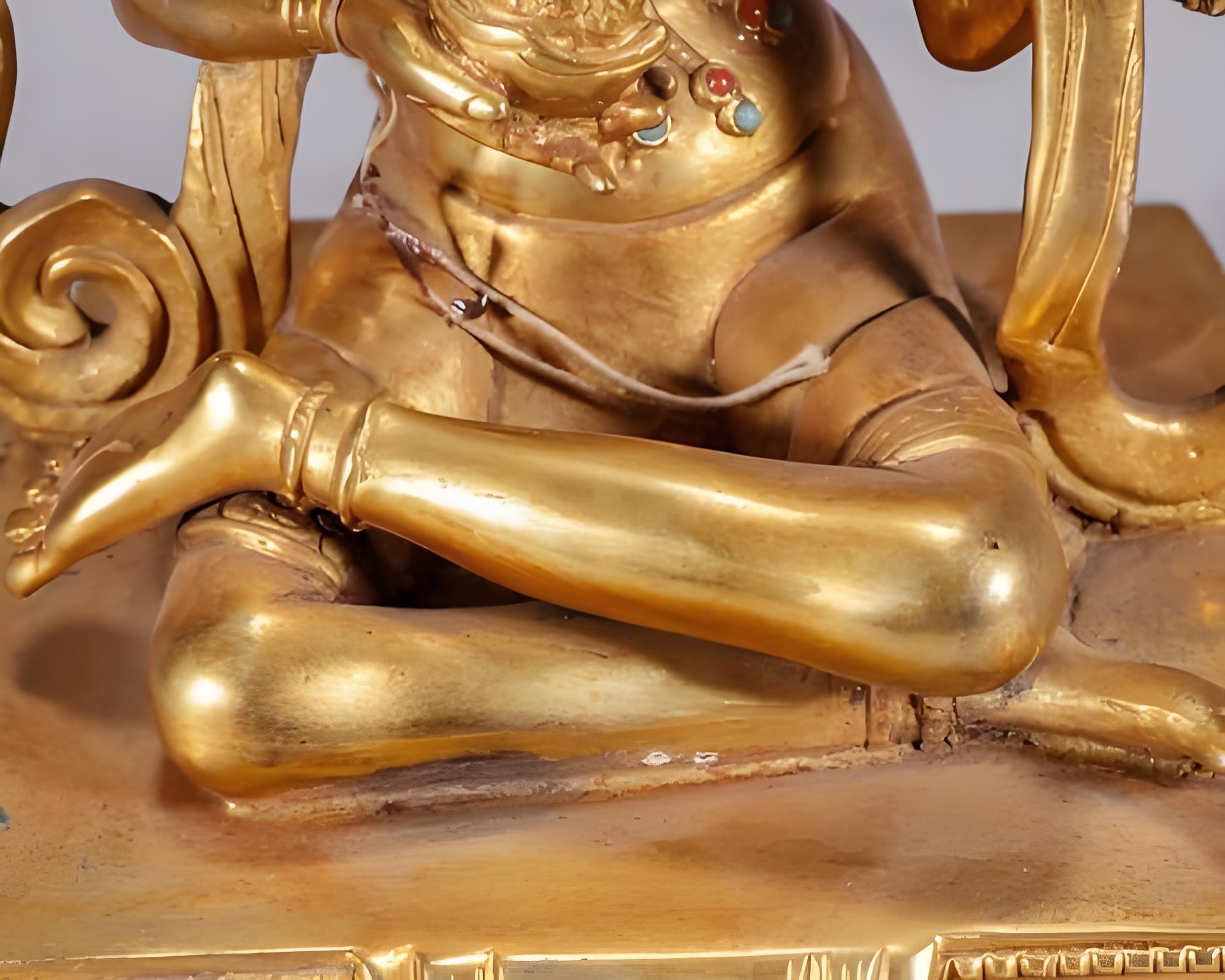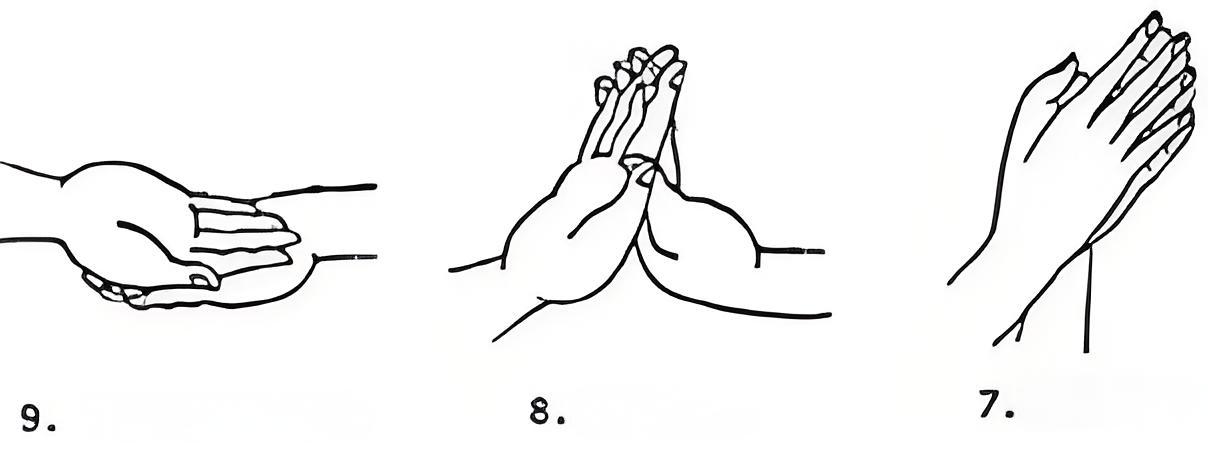type
status
date
slug
summary
tags
category
icon
password
AI summary
Master Bodhidharma's "Four Practices" encapsulate the heart of Mahayana and Hinayana Buddhism. These practices represent the spiritual connection between Chinese Buddhism and culture after the Sui and Tang dynasties. Sadly, many Zen students today focus solely on koans and critical points, ignoring the true essence of Zen. Consequently, they have lost the spirit of Zen and have strayed from the true path. As ancient masters said, "fabricated Zen followers are like grains of rice."

The Practice of Recompensing Wrong
Firstly, those who study Buddhism and Zen must have a firm worldview. They should believe life is for repaying debts and wrongs to all beings. We enter the world with nothing, and everything we receive is a gift. Therefore, we should contribute to the world and repay our past debts. This aligns with the Mahayana Buddhist emphasis on giving and the spirit of "repaying grievances with virtue." Master Bodhidharma faced envy and poisoning, yet he did not retaliate. Instead, he fulfilled his purpose and accepted death. Similarly, figures like Socrates and Jesus displayed this same principle. Furthermore, Arhats, at their final moments, would express that their practice was complete. Yongjia also stated that before realization, one must repay past debts. True Zen involves more than just appreciating beauty. Many Zen students today emphasize theory over practice. This is a grave error. Master Bodhidharma lamented that many would understand the path, but few would practice it.
Tanlin's preface explains, that when facing suffering, one should reflect on past actions. We should understand that suffering comes from past karma and accept it without complaint. This mindset aligns with the truth, using resentment to progress on the path. Therefore, this is known as the "Recompensing Wrong" practice.
The Practice of Adapting to Conditions
Buddhist teachings highlight that everything is constantly changing. "Dependent arising is emptiness; emptiness is dependent arising." There is no self, no others, and nothing remains unchanged. We should view happiness, suffering, success, and failure as dreamlike illusions. This is the essence of the Zen teaching on "letting go" and "adapting to conditions." Furthermore, it is also aligned with the concept of "plainness shows ambition, tranquility leads to remoteness." Moreover, these ideas are similar to those in the "Book of Changes" and Lao Tzu's concept of "less selfishness." Also, they align with Confucius's teachings on contentment. These ideas have motivated monks and scholars to seek solitude. However, mistaking "clinging to conditions" for "adapting to conditions" leads one astray.
Monk Tanlin further explains that all beings are driven by karma. They experience suffering and happiness based on conditions. Therefore, if one receives great rewards, it is due to past karmic causes. When conditions change, these things will vanish. So there's no need to be joyful or sad. The heart should remain unmoved, aligning with the path. Therefore, this is the "Adapting to Conditions" practice.
The Practice of No Seeking
This practice represents Mahayana Buddhism's transcendence of worldly burdens. People have desires, and with desire comes seeking. Seeking leads to gain and loss, and this causes suffering. Therefore, Confucius also said that he had not seen a truly firm person. Thus, "all seeking brings suffering, and having no desire makes one firm." Buddhism teaches that actions should be for repaying debts and thanking the world. Our life should be spent adapting to conditions to eliminate karma, with no other seeking. Lao Tzu stated, "Tao follows the natural," and "Not competing, one can't be defeated." Similarly, Confucius said he would not seek wealth if it meant he had to compromise his values. Both express the same spirit in different ways. However, many Zen practitioners try to "trade" for enlightenment, which is contrary to the principle.
In his record, Monk Tanlin noted that worldly people are attached to everything, which is seeking. However, the wise settle their minds in non-action. All things are empty, and there is nothing to wish for. Thus, since all those with bodies suffer, one should abandon seeking. The scriptures say, "All seeking brings suffering, and non-seeking brings happiness." Therefore, "No Seeking" is the true practice of the path.
The Practice of Conforming to Dharma
This practice encompasses the entire teachings of both Mahayana and Hinayana Buddhism. After realizing the emptiness of self and dharma, one should focus on benefiting the world. Additionally, it is grounded in Mahayana Buddhism’s emphasis on giving. It's not just about solitary practice. Therefore, actions should always aim to benefit others.
Tanlin's preface describes that "Dharma" is the principle of inherent purity. Dharma means that all forms are empty. Scriptures state that "Dharma has no living beings" because it is free of defilement. If the wise understand this, they act in accordance with the Dharma. They practice generosity without hesitation. They understand the two emptinesses. Therefore, they remove defilement and transform beings without clinging to any form. This practice benefits both oneself and others, and it leads to enlightenment. Since giving is the foundation, the other perfections are similar. Thus, they cultivate the six perfections without attachment, and this is called the "Conforming to Dharma" practice.
These "Four Practices" are the core of Bodhidharma Zen. They are also the true path for studying Buddhism and Zen. Any practice that does not conform to these is incorrect. Cultivating the mind and acting according to these practices encompasses all teachings of morality, concentration, and wisdom. The Won Dharma Center also promotes similar concepts in their dharma talks. By understanding these concepts, one can gain a better understanding of the dharma meaning spiritual. The understanding of dharma vs karma is also crucial in this teaching.
上一篇
The Complex Relationship Between the 13th Dalai Lama and the 9th Panchen Lama
下一篇
Retain Your Dharma Protectors!
Loading...






